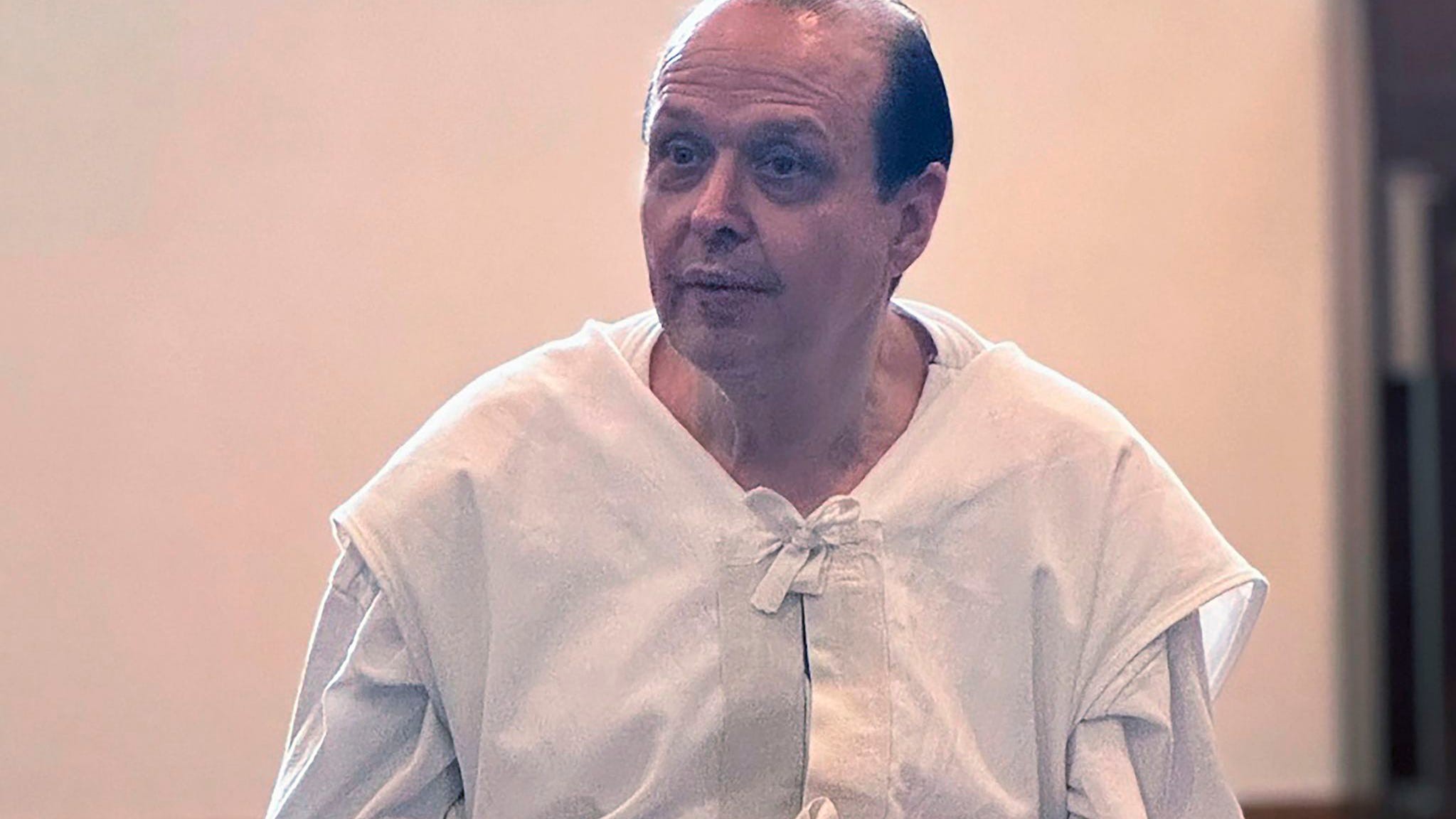news
Attorneys seek stay of execution for Robert Roberson, citing new evidence
Robert Roberson's attorneys are asking the Texas Court of Criminal Appeals to stay his Oct. 16 execution, citing new evidence and a reshaped court that could reconsider his shaken baby syndrome conviction.
Published July 24, 2025 at 7:42pm

Robert Roberson is asking the state's highest criminal court to stay his October execution, which would mark the first time someone is put to death for a conviction tied to shaken baby syndrome.
Roberson's attorneys argue in an emergency motion filed Thursday that the state's push for a new execution date came before the Texas Court of Criminal Appeals has weighed in on new evidence of his innocence.
"Ordinary respect for the judicial process should have meant deferring while this Court deliberates," they wrote in the filing.
Roberson's legal team is pressing for newly elected members of the appeals court to review fresh evidence in his case, which drew national attention after state lawmakers used an eleventh-hour tactic to stall his initial execution last year.
A judge last week set a new execution date of Oct. 16 at the urging of Attorney General Ken Paxton, who took over prosecution of the case from a local district attorney in an unusual move earlier this year.
Roberson, 58, was condemned for the 2002 killing of his 2-year-old daughter, Nikki Curtis, in the East Texas city of Palestine. Only the Court of Criminal Appeals can overturn his conviction, and it has so far refused to review Roberson’s innocence claims.
But the appeals court has been radically reshaped since it last denied Roberson’s request to review his case. Three of the judges that voted with the majority in the 5-4 decision dismissing Roberson’s most recent legal petition were replaced in the last election. Only one of the new judges needs to feel differently to tip the balance in his favor.
In addition, Roberson's attorneys argue the appeals court has yet to consider his case in light of a landmark ruling it issued last year that acknowledged "scientific knowledge has evolved regarding" shaken baby syndrome. They argue that case, in which a Dallas man was exonerated 24 years after he was found guilty of injuring his then-girlfriend's 13-month-old daughter, is "indistinguishable from Mr. Roberson’s in all material respects."
"Now that the Court has recognized the serious flaws underpinning the SBS hypothesis of that era, there is a compelling reason to revisit the decision to deny Mr. Roberson a new trial," his attorneys argued in the emergency filing.

